Payments/Reimbursements to Non-US Individuals and Companies
This information is for all payments/reimbursements paid thru Procurement & Business Services and includes; AU students, AU employees and Non-AU affiliated individuals and companies. It is extremely important that these procedures are followed. Federal and state immigration and tax laws concerning Non-US Citizens are complicated and the forms that will be required vary widely depending on tax status, immigration status and what type of payment and/or reimbursement Auburn University will be making to the individual or company.
Payments and/or reimbursements to Non-US citizens, Non-US companies, students and employees of Auburn University fall under a different set of tax laws and withholding/reporting requirements than those that apply to US citizens and US companies. Generally, such payments made through PBS are subject to 30% federal tax withholding unless an exception applies.
Tax and federal immigration laws restrict the types of services a Non-US citizen may perform and the types of payments and/or reimbursements they are allowed to receive. It is imperative to know before the guest arrives at Auburn their immigration status and whether they are traveling to AU from outside or inside the US.
To assist in this process, the AU host department must complete the AU Payment and/or Reimbursement Request Form for Non US Citizens and Foreign Entities before any assurance to pay is made.
The AU Payment and/or Reimbursement Request Form for Non US Citizens and Foreign Entities form is designed to simplify the payment process by summarizing the documentation that will be required to pay the individual and identify required tax withholding. Completing this form in advance of the guest’s visit should eliminate delays in payment as well as ensure that Auburn University is compliant with federal tax and immigration laws.

